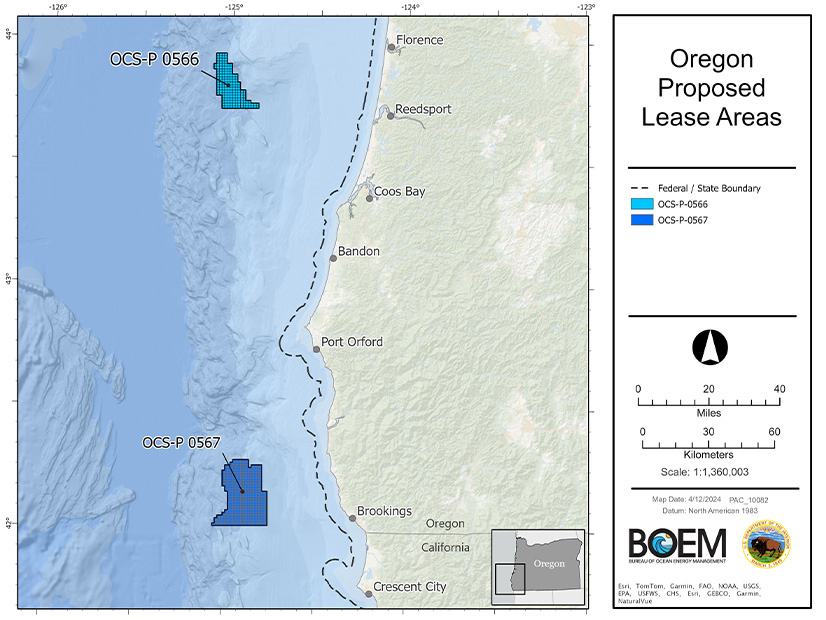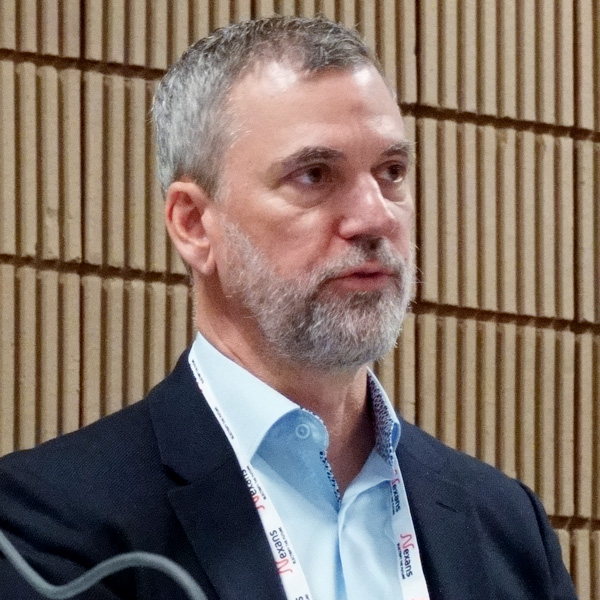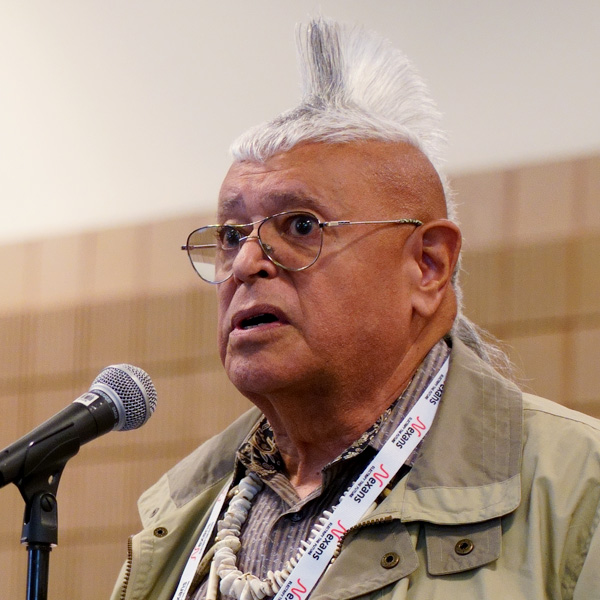The White House Council on Environmental Quality on April 30 finalized a rule meant to modernize the federal environmental review process under the National Environmental Policy Act (NEPA).
The “Bipartisan Permitting Reform Implementation Rule” sets clear deadlines for agencies to complete environmental reviews; requires a lead agency; sets specific expectations for lead and cooperating agencies; and creates a unified and coordinated federal review process. The rule implements parts of the Fiscal Responsibility Act of 2023 and provides agencies with other tools to improve the efficiency and effectiveness of environmental reviews.
It creates new ways for agencies to establish categorical exclusions, the fastest form of environmental review. It is meant to accelerate reviews for projects that agencies can evaluate on a broad, programmatic scale, or that incorporate measures to mitigate adverse effects.
The rule promotes early public engagement in the review process to cut conflict, speed up project reviews, improve project design and outcomes, and decrease the likelihood that final decisions are overturned in court. The changes apply to a range of projects, including electric transmission and generation, electric vehicle charging, wildfire management and semiconductor manufacturing.
Agencies will be able to use new and more flexible methods to establish categorical exemptions for “low impact” projects such as solar, storage, electric vehicle charging and transmission. The rule also encourages using shared analysis to avoid agencies duplicating work.
Projects with long-lasting beneficial impacts, such as environmental restoration activities without significant adverse effects, will not require environmental impact statements under NEPA. The rule clarifies that agencies should consider the effects of climate change in environmental reviews and encourage identification of reasonable alternatives that will mitigate climate impacts.
“These reforms will deliver smarter decisions, quicker permitting, and projects that are built better and faster,” CEQ Chair Brenda Mallory said in a statement. “As we accelerate our clean energy future, we are also protecting communities from pollution and environmental harms that can result from poor planning and decision-making while making sure we build projects in the right places.”
The rule rolls back one issued under the Trump administration, which changed how agencies evaluate the significance of a proposed action’s environmental effects. It removes “onerous” requirements on what public comments must contain to be considered by agencies and removes provisions attempting to curtail judicial review.
It also seeks to advance environmental justice and promote meaningful public input by promoting early engagement with communities and fostering community buy-in.
The rule received criticism from Sen. Joe Manchin (D-W.Va.), who is working on legislation to speed up federal permitting processes.
“At a time when everyone agrees that it takes too long to build infrastructure in this country, the administration’s new NEPA regulations will take us backwards,” Manchin said in a statement. “All the White House had to do was implement the common-sense, bipartisan permitting reforms in the Fiscal Responsibility Act that all sides agreed upon; but once again they’ve disregarded the deal that was made [and] the intent of the law that was signed, and are instead corrupting it with their own radical agenda. This will only lead to more costly delays and litigation.”
Manchin said he plans to offer a resolution of disapproval under the Congressional Review Act so the CEQ can issue a rule that complies with the FRA.
The Natural Resources Defense Council welcomed the changes.
“NEPA leads to better decisions — and better outcomes — for everyone, and it is a relief to finally see it revitalized,” NRDC Executive Director Christy Goldfuss said in a statement. “Meaningful community engagement is the key to unlocking our clean energy future. It leads to better projects that face less opposition on the back end.”
“We are thrilled to see NEPA strengthened and restored,” said Sam Wojcicki, senior director of climate policy for the National Audubon Society. “This new rule is a significant win in protecting communities from environmental harm and [for] ecosystems that birds and other wildlife depend on for their survival.”
Electric Power Supply Association CEO Todd Snitchler said the final rule “takes reliability efforts backwards.”
“Integrating more clean energy into the system will require the support of dispatchable generation,” Snitchler said. “If we are serious about meeting our energy reliability and policy needs during a time of rapid growth in electricity demand, we need critical investment in both dispatchable and renewable generation, fuel supply infrastructure, and transmission and distribution assets.
“The Federal Energy Regulatory Commission, the North American Electric Reliability Corp. and grid operators are all flashing warning signs that dispatchable resources are being retired too quickly and aren’t being replaced with sufficient capacity with similar reliability attributes. In short, the clock is ticking. We need more infrastructure, not less, and it is disappointing that this rulemaking puts politics and aspiration ahead of the operational realities of the electric grid.”



